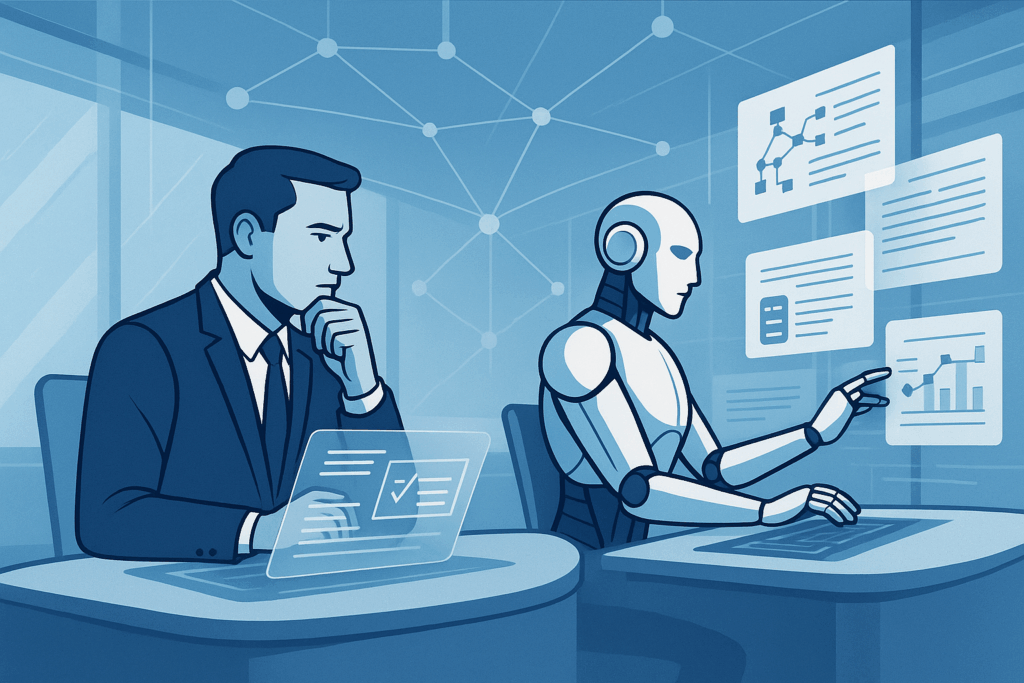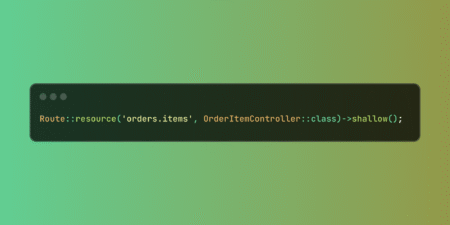The Future of Work: Letting AI Handle Responsibility While Humans Maintain Accountability
In today’s rapidly evolving technological landscape, we’re witnessing a fundamental shift in how we conceptualize the division of labor between artificial intelligence and human workers. Rather than viewing AI as simply another tool in our arsenal, forward-thinking organizations are reconsidering the entire paradigm of responsibility and accountability in the workplace.
Redefining the Division of Labor
The traditional approach to implementing AI has focused on automating discrete tasks while keeping humans firmly in control of processes. However, this limited vision fails to capitalize on the true potential of these intelligent systems.
What if instead, we reconceptualized this relationship entirely? AI systems excel at consistent execution, tireless monitoring, and operating within defined parameters – in other words, they are ideally suited for responsibility. Humans, meanwhile, bring judgment, ethical reasoning, and the ability to evaluate outcomes against broader societal values – making them perfectly positioned for accountability.
AI as the Responsible Party
AI systems are naturally suited to handle day-to-day responsibilities due to several inherent advantages:
- Consistency and reliability in execution
- Absence of cognitive biases that plague human decision-making
- Ability to operate continuously without fatigue
- Capacity to monitor and process vast amounts of data simultaneously
Consider a healthcare setting where AI systems handle medication administration scheduling, vital signs monitoring, and protocol adherence. The AI doesn’t forget doses, doesn’t get distracted by emergencies elsewhere, and doesn’t suffer decision fatigue at the end of a long shift. It reliably executes its responsibilities according to established parameters.
Human Accountability as the New Paradigm
While AI handles the execution, humans maintain accountability for:
- Defining success criteria and acceptable parameters
- Evaluating outcomes against broader societal values
- Adapting systems based on real-world impact
- Taking ultimate responsibility for system performance
This arrangement leverages the strengths of both parties. The AI doesn’t need to understand why certain protocols exist – it simply needs to execute them flawlessly. Humans don’t need to personally perform every task – they need to effectively evaluate whether the outcomes align with organizational and societal goals.
Strategic Implementation Considerations
For organizations looking to implement this model, several critical elements must be addressed:
Transparency Mechanisms – Humans cannot be accountable for systems they cannot understand. AI responsible for daily operations must provide clear audit trails and explanations of key decisions.
Intervention Frameworks – Accountable humans need established protocols for when and how to intervene in AI-managed processes.
Success Metrics – Organizations must clearly define what constitutes success beyond simple efficiency metrics, incorporating ethical considerations and alignment with organizational values.
Cultural Adaptation – Perhaps most challenging is the cultural shift required, moving from a mindset where “being responsible” means “doing the work personally” to one where accountability is about ensuring appropriate outcomes.
The Path Forward
This paradigm shift represents not just an optimization of existing processes but a fundamental rethinking of how we organize work. By allowing AI to be responsible for execution while humans maintain accountability for outcomes, organizations can achieve unprecedented levels of operational excellence while ensuring systems remain aligned with human values.
The most forward-thinking organizations are already moving in this direction, recognizing that the future belongs not to those who simply adopt AI as a tool, but to those who reimagine the entire relationship between human and artificial intelligence.
The question is no longer whether AI will transform our workplaces, but whether we will have the vision to transform our understanding of responsibility and accountability to match.
Note: I am accountable for the ideas in this article; Claude was responsible for putting all the right words in the right order.
Source: Read MoreÂ



